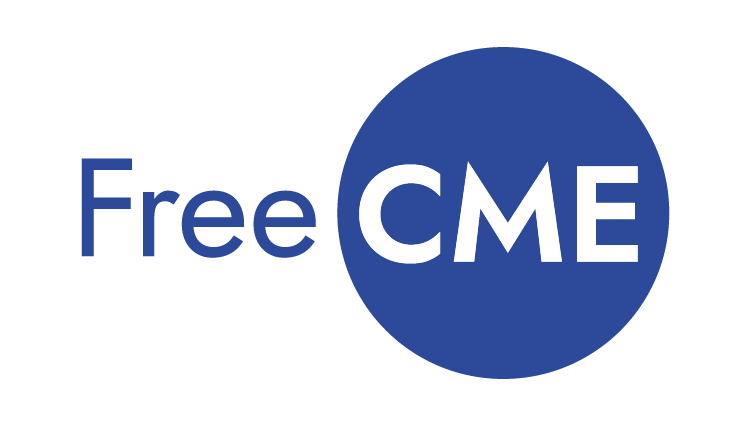Overview of Our Ethics Courses
Ethical practice is the foundation of trustworthy, compassionate, and competent healthcare. In today’s complex clinical environment—where rapid technological advances, diverse patient populations, and challenging medical decisions are the norm—clinicians must be well-versed in ethical principles that guide patient care, professional conduct, and interprofessional collaboration. FreeCME offers a growing selection of free online ethics CME courses, designed to help healthcare providers navigate real-world dilemmas with confidence, empathy, and a clear understanding of their responsibilities.
Featured Courses

Cross-Cultural Headache Care: Overcoming Racial/Ethnic Disparities and Accessing Migraine Care in Underserved Areas

Improving Migraine Screening and Treatment in Black Female Patients: Addressing Gender and Racial Disparities in Migraine Care
These CME activities are created in partnership with accredited continuing medical education providers, ensuring that each course is rigorous, evidence-informed, and aligned with current legal and ethical standards. Whether you’re meeting state-mandated CME requirements for ethics training or seeking to deepen your understanding of bioethics and professional accountability, our courses provide relevant, practical knowledge for clinicians across all disciplines and practice settings.
The courses are delivered entirely online and are available on demand, allowing you to engage with content at your own pace. This flexibility makes it easy to incorporate ethics education into your busy schedule. Once the activity and post-test are complete, your CME or CE certificate is available for immediate download—simplifying the process of tracking your continuing education credits and staying compliant with state or institutional regulations.
Topics covered in our ethics CME curriculum include:
-
Informed consent and shared decision-making, ensuring patient autonomy and understanding
-
Confidentiality and privacy, including HIPAA compliance and handling sensitive patient information
-
End-of-life care and advance directives, balancing patient wishes, family dynamics, and clinical judgment
-
Ethical considerations in emerging technologies, such as AI in medicine and telehealth
-
Managing conflicts of interest, including pharmaceutical relationships and referral practices
-
Professional boundaries and conduct, including managing dual relationships and avoiding ethical pitfalls
-
Justice and equity in care, addressing social determinants of health and reducing disparities
These CME courses are especially valuable for clinicians who provide direct patient care, work in leadership or administrative roles, or serve on ethics committees. They are also applicable to healthcare professionals in behavioral health, public health, and research roles, where ethical complexities frequently arise. Many courses incorporate case studies and real-world scenarios to help you apply theoretical principles to everyday clinical practice.
